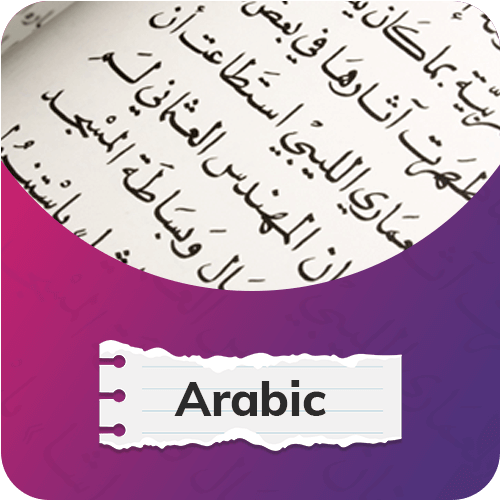
Arabic is not merely a subject but a cultural cornerstone in the Gulf region. In the GCC, Arabic is a unifying medium of communication, governance, literature, and religious practice. With Quranic Arabic forming the linguistic basis of Islamic education, proficiency in Arabic strengthens students' connection with religious texts, civic identity, and regional history.
In addition, as globalization and bilingual education advance in GCC schools, Arabic remains crucial in preserving national heritage while enabling students to interact with the wider Arab world. Ministries of Education in each country mandate the inclusion of Arabic in all school curricula—public, private, national, and international—either as a first language (for Arab nationals) or as an additional/foreign language (for expatriates and non-Arabs).
The Arabic curriculum across all systems in the GCC shares several overarching goals:
Arabic is introduced as early as Kindergarten or FS1/FS2 (British system) and continues through to Grade 12 or Year 13, with variations depending on the student’s nationality and curriculum followed.
GCC governments are addressing these challenges through curriculum modernization, teacher professional development, and blended learning platforms to bring Arabic education up to global standards.
GCC governments are actively modernizing curricula, enhancing teacher professional development, and implementing blended learning platforms to raise Arabic instruction to international standards.
Arabic classes are carefully differentiated to meet the diverse learner demographics in the GCC:
In many cases, expatriate students attain strong conversational and written Arabic skills, enabling better integration into the local community.
Arabic instruction in GCC schools is evolving beyond rote learning. Innovative and student-centered methodologies include:
Assessment Methods: Formative evaluations (quizzes, class participation), summative tests, oral assessments, and creative projects.
Arabic as a subject in GCC schools is much more than a linguistic requirement; it is a vital educational pillar that fosters identity, communication, heritage, and intellectual development. With the region’s multicultural student body and increasing global focus, the importance of teaching Arabic effectively across all curricula—British, American, IB, national, and Indian—is more critical than ever. By nurturing Arabic fluency from early grades through to school-leaving exams, GCC schools ensure that every student—regardless of nationality—develops a meaningful relationship with the language that defines the soul of the Arab world.